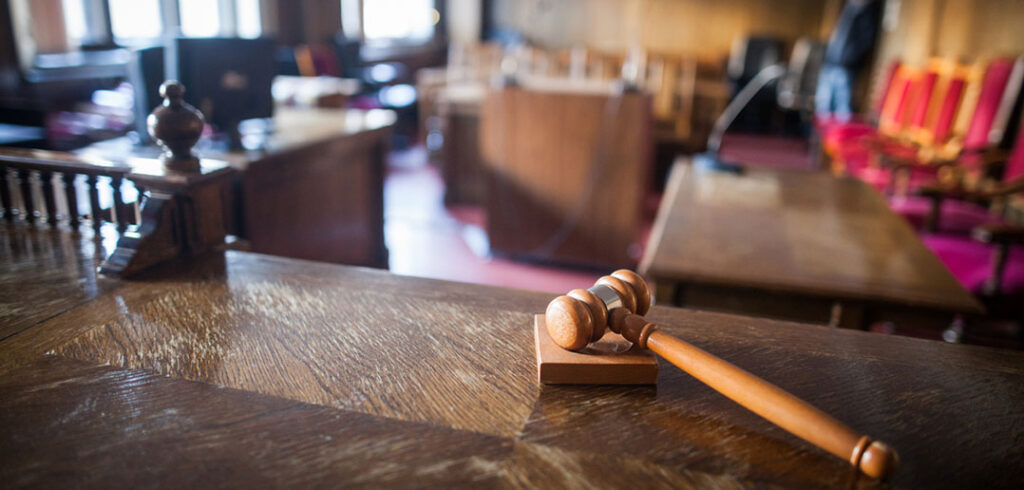Professor Cheryl Bader shared her expert opinion with Fortune in an article discussing Ghislaine Maxwell’s ongoing trial and defense strategy.
During the first two weeks of her trial, they’ve repeatedly challenged her accusers’ motives and their memories of events that may have occurred decades ago. But with the prosecution expected to rest its case soon, the spotlight now falls on the defense to offer the jury an alternative narrative of her relationship with Jeffrey Epstein and also determine whether she should take the stand herself.
The defense said on Thursday it had not yet decided whether it would put on any witnesses, raising the possibility that the case could move directly to closing arguments as soon as next week. If so, Maxwell’s team can be expected to urge jurors to see their client as a scapegoat for Epstein, who died in 2019 while awaiting his own sex-trafficking trial. Defense lawyer Bobbi Sternheim hit that theme hard in her Nov. 29 opening statement.
…
Cheryl Bader, a professor at Fordham Law School, said Maxwell faces a difficult choice. “The defense’s main strategy is to discredit prosecution witnesses, put Epstein center stage and draw as little attention to Maxwell as possible,” she said. “To keep with that strategy, they may want to keep her off the stand and not risk that she makes her situation worse on cross-examination.”
A major concern for the defense is how jurors will react to Maxwell. “If the jury thinks Maxwell is trying to manipulate them, they will punish her,” said Bader. “On the other hand, it will be difficult to convince the jury that Maxwell was just another of Epstein’s victims if she doesn’t testify. It’s a tough gamble, but I think it is likely she will stay silent.”

